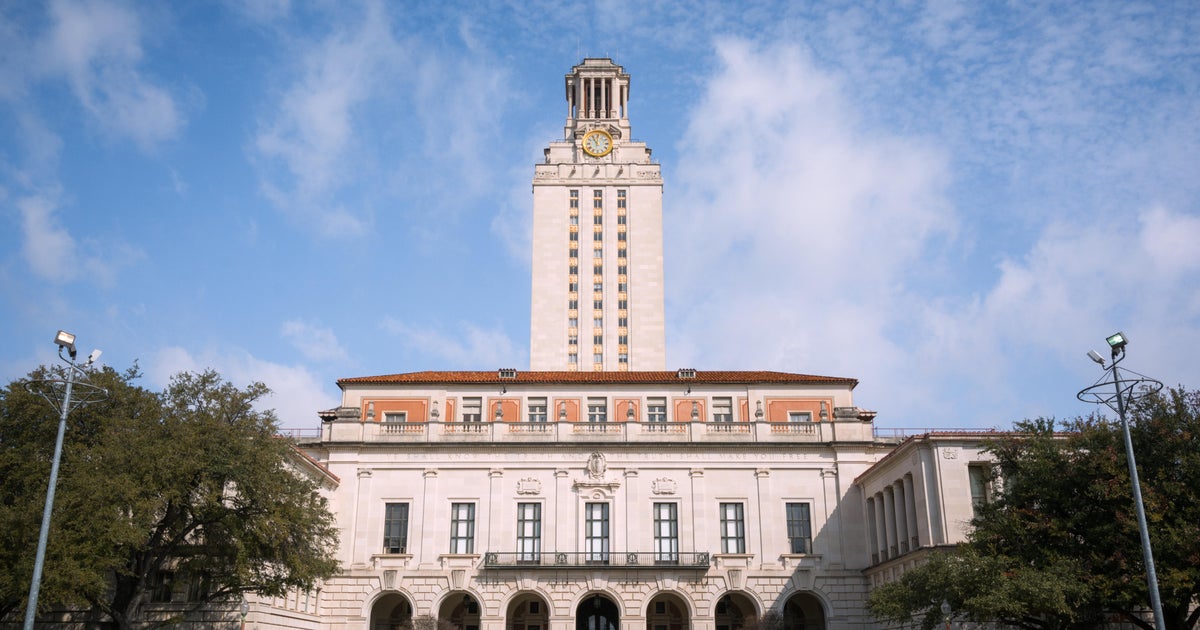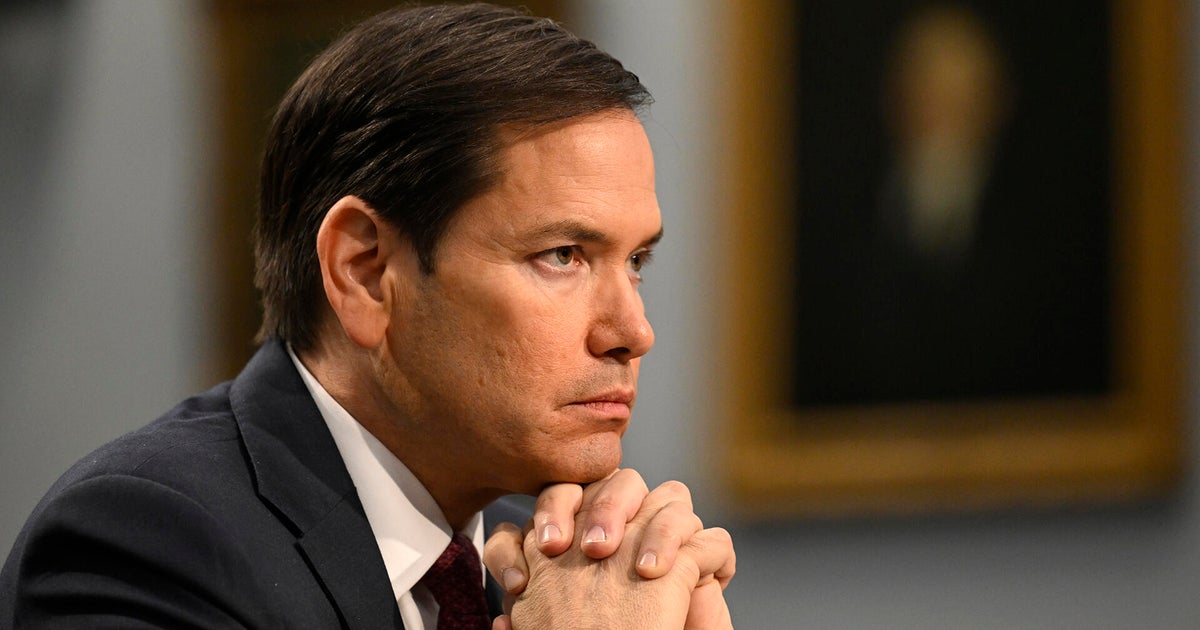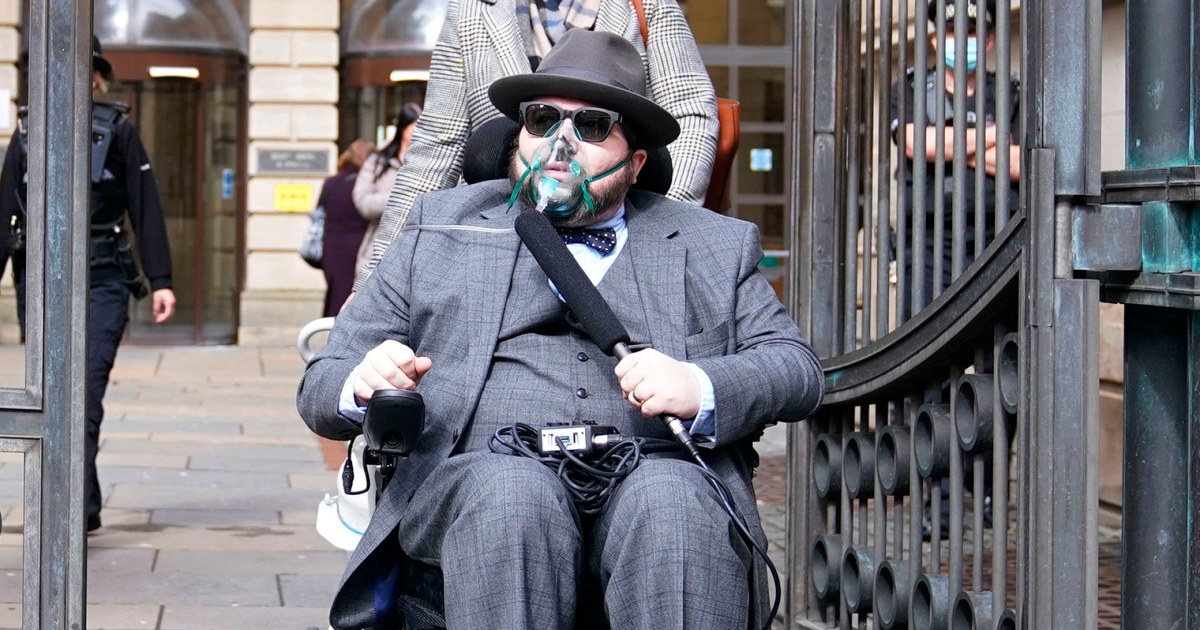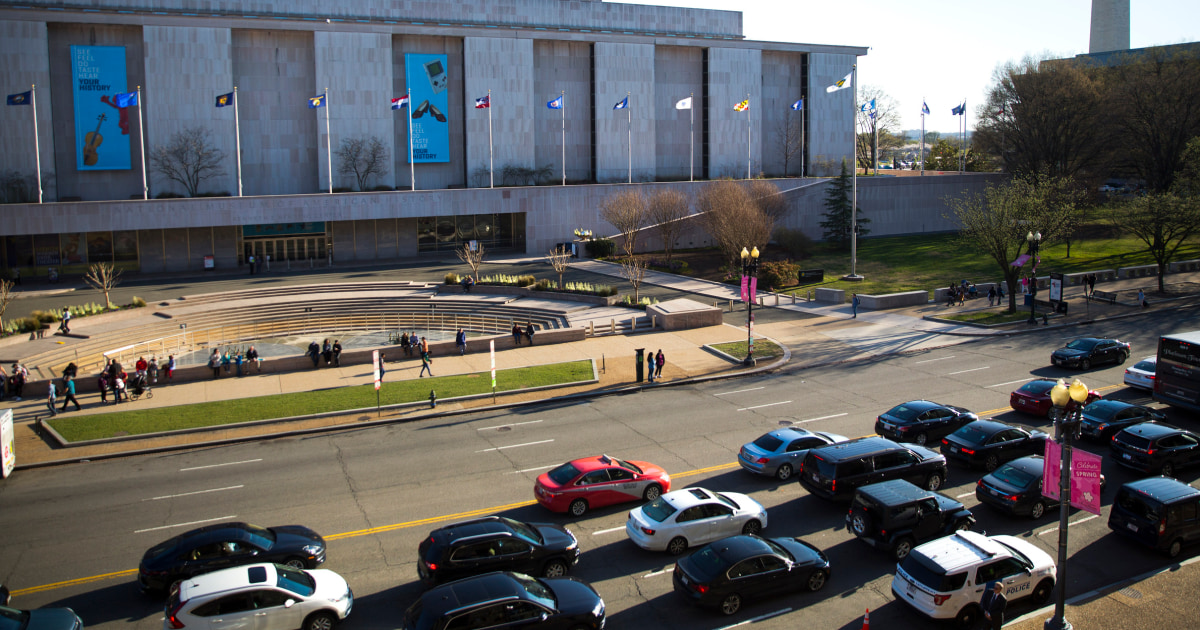US Justice Department to Stop Defending Grants for Hispanic-Serving Colleges

Introduction
The Justice Department has announced that the U.S. will no longer defend grants for Hispanic-serving colleges, calling them unconstitutional. This decision comes after officials argued that the program provides an advantage based on race or ethnicity, which goes against the principles of equal opportunity and fairness.
Key Details
This move has sparked a heated debate, with some arguing that Hispanic-serving colleges play a crucial role in providing education and opportunities for underrepresented communities. In fact, these colleges specifically cater to the needs of Hispanic students, who often face unique challenges in pursuing higher education. The grants in question have been instrumental in helping these colleges fulfill their mission and provide valuable resources to their students.
On the other hand, critics of the program claim that it is discriminatory and violates the rights of other minority groups. They argue that the selection process for these grants is based solely on race or ethnicity, rather than merit. This has led to calls for a more inclusive and fair approach to distributing funds for higher education institutions.
Impact
The Justice Department's decision has significant implications for Hispanic-serving colleges and the students who rely on these grants. Without this financial support, these colleges may struggle to maintain their services and provide quality education to their students. This, in turn, could have a negative impact on the future prospects of Hispanic students and their communities.
As the debate continues
About the Organizations Mentioned
US Justice Department
The **U.S. Department of Justice (DOJ)** is a federal executive department responsible for enforcing federal laws, ensuring justice, and protecting civil rights across the United States. Established in 1870, it evolved from the Office of the Attorney General created in 1789, reflecting the expanding scope of federal legal responsibilities[1][3][4]. Headquartered in Washington, D.C., the DOJ operates with over 115,000 employees and a budget exceeding $22 billion, with offices nationwide and in over 50 countries[1][6]. The DOJ’s core mission is to uphold the rule of law, keep the country safe, and protect civil rights through impartial and ethical enforcement of justice[6]. It manages numerous specialized divisions and agencies including the Federal Bureau of Investigation (FBI), Drug Enforcement Administration (DEA), Bureau of Alcohol, Tobacco, Firearms and Explosives (ATF), U.S. Marshals Service, and the Federal Bureau of Prisons. These components collectively investigate and prosecute federal crimes such as terrorism, drug trafficking, organized crime, cybercrime, civil rights violations, and immigration offenses[1][2][4][5]. The department is led by the Attorney General, a Cabinet member who sets national law enforcement priorities. U.S. Attorneys serve as chief federal prosecutors in 94 judicial districts, handling criminal and civil cases on behalf of the government[1][4]. The DOJ also supports state, local, tribal, and international law enforcement through resources, policy coordination, and cooperative efforts[2][3]. Key achievements of the DOJ include landmark civil rights enforcement, combating terrorism post-9/11, and advancing cybercrime and financial crime investigations. Its ongoing work integrates cutting-edge technology and data-driven approaches to enhance national security and justice administration, making it a pivotal institution in both legal and technological realms[1][3][5]. Notably, the DOJ maintains a strong commitment to independence, integrity, and transparency, striving for fairness and excellence while adapting



:focal(2x0:4799x2792)/static.texastribune.org/media/files/adbf7341df263f354782c3451ef92a3f/0815%20Morath%20Accountability%20Scores%20SSB%2014.jpg)









